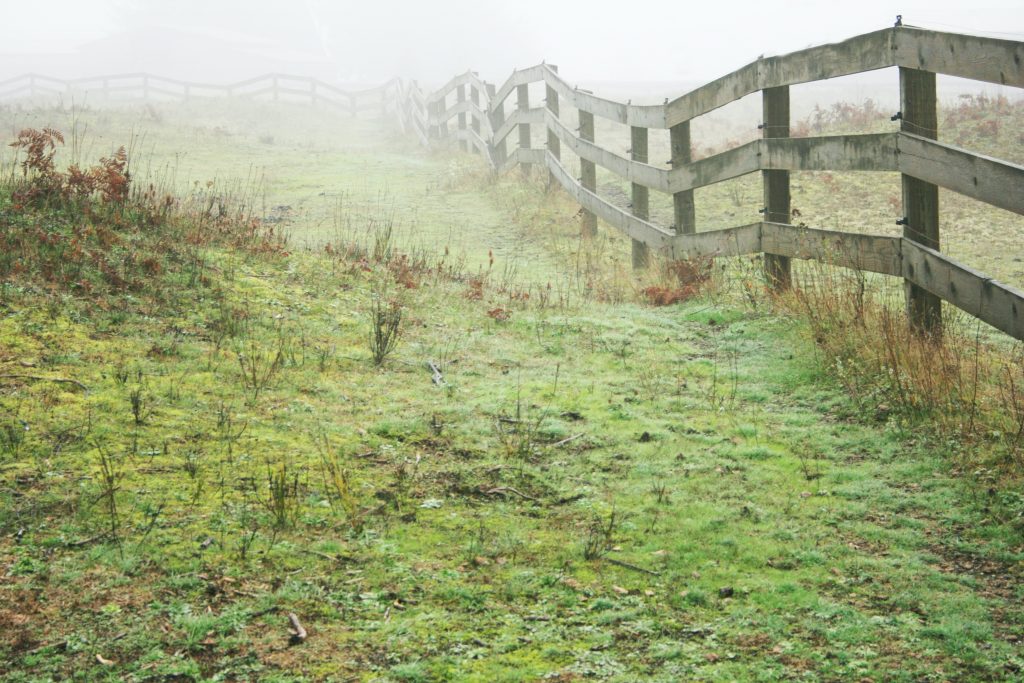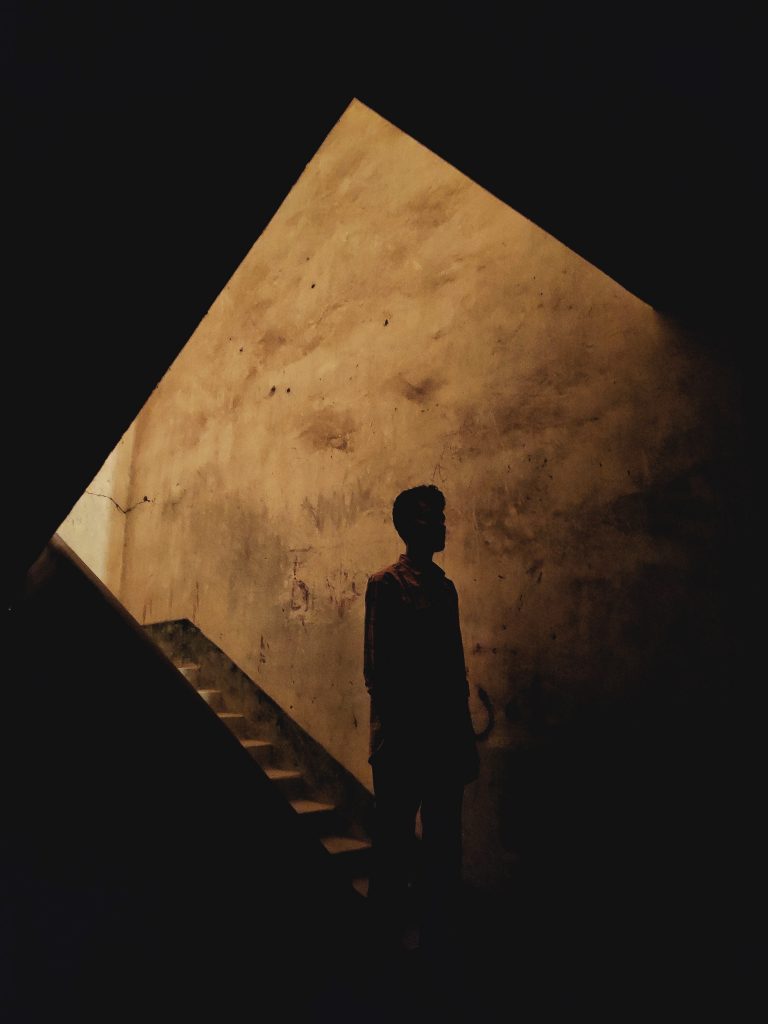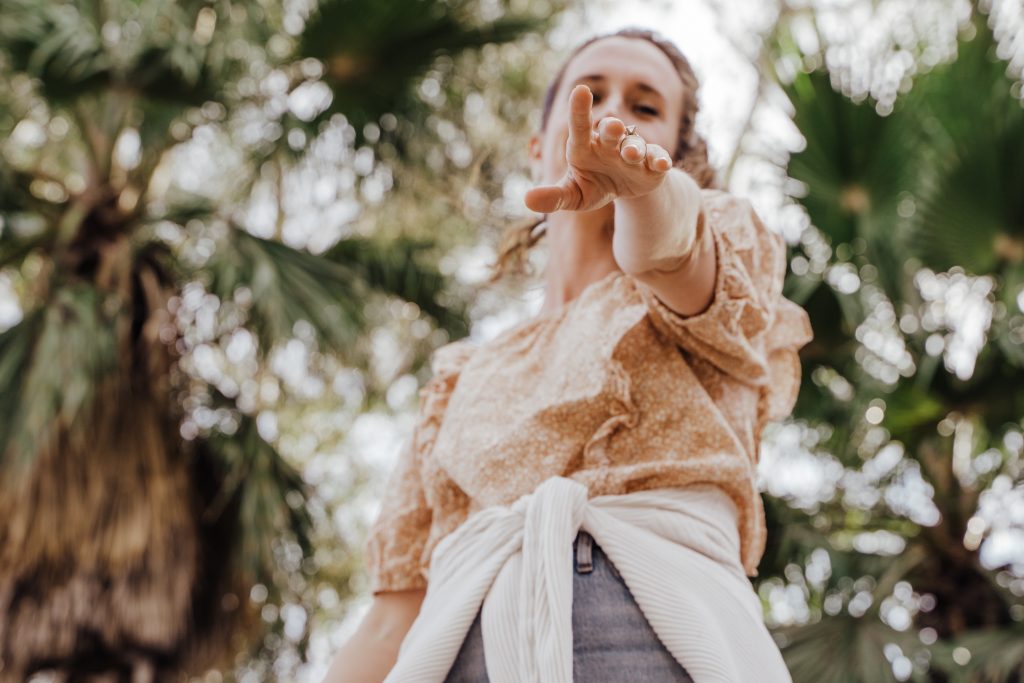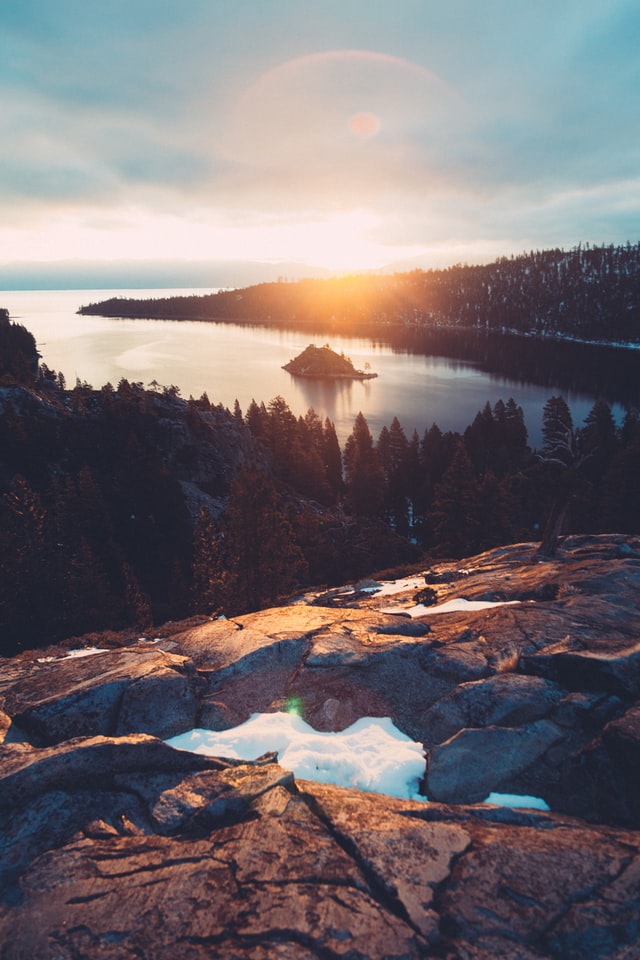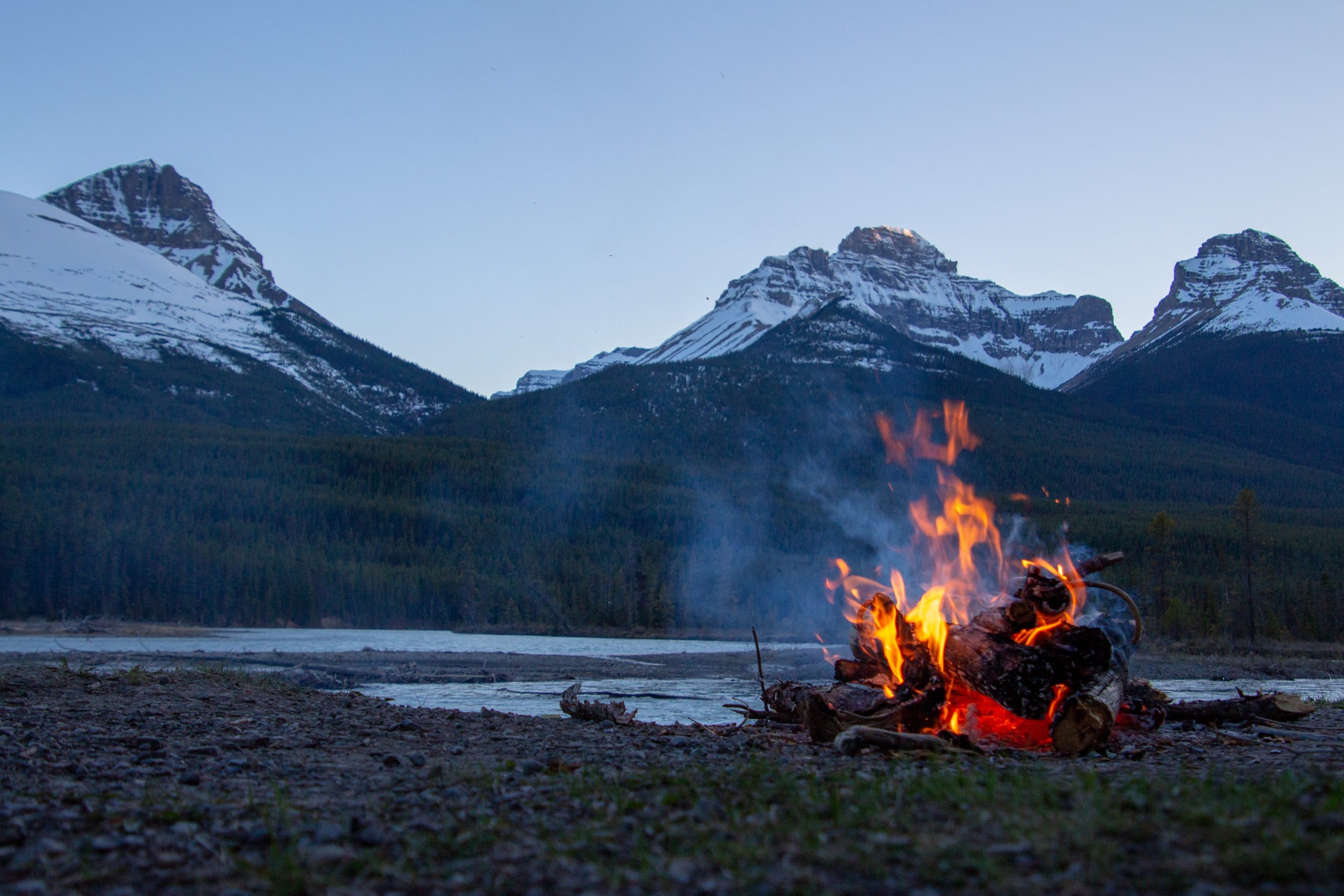Starting to practice consent can feel awkward and clunky, especially in the emotional intensity of the moment. People whose response to a sad story is to want to wrap you up in a giant bear hug may feel it’s awkward and cold to stop and first ask, “Do you want a hug?”
For them, getting wrapped up in a hug while having big feelings may be exactly the medicine they crave. For others, though—me, for example—when I feel upset and vulnerable, a giant hug feels smothering to me. My parts don’t hear “I love and care about your suffering,” what they hear is “Your sadness is too much for me and I need it to go away.”
This is made worse should I dare to say I don’t want the hug and the hugger feels rejected, upset, and hurt. Then the message I get is that my feelings and needs aren’t important and I need to put all that aside to make them feel better. Thanks for the support!
I get that for the other person it may be a genuine expression of love and caring, and to have that refused feels like a personal rejection. I also get that asking for consent feels cold and unromantic.
Our romantic ideal of love is a relationship in which we intuitively perceive and meet each other’s needs without having to talk about it. Not only is this unrealistic when we each have vastly unique terrains of what it means to love and be loved, it makes minor and inevitable miscues explode into huge questions about the relationship. Our immediate response isn’t: “Oh, this person doesn’t know I need a hug because they come from an emotionally distant family, so I’ll ask for what I need.” What we think is something like: “How could this person be so cruel as to deny me a hug when it’s so obvious I need one?”
It is possible to achieve that level of trust, understanding, and intuitive connection, but the important word here is achieve. We earn that through the efforts of lots and lots and lots of communication, asking for clarification, and growing in understanding of ourselves and our loved ones. Practicing consent gives us a structure and motivation to do this work, to be mindful to check in and make sure what we’re offering is what the other person wants.
Yet there are times when the person we want to love or care for is unable to be clear about what they need from us. When we reach out to loved ones and say, “Let me know what you need,” that expression of caring might not be enough to get an authentic answer. The person we want to support may not know what they need; may not know how to ask for what they need; or may feel shame and terror at the vulnerability of asking. These three states are obstacles for establishing consent. For the rest of this post, I’m going to discuss each obstacle and offer suggestions for ways we can work through that not-knowing and learn together what is needed.
I Don’t Know What I Need
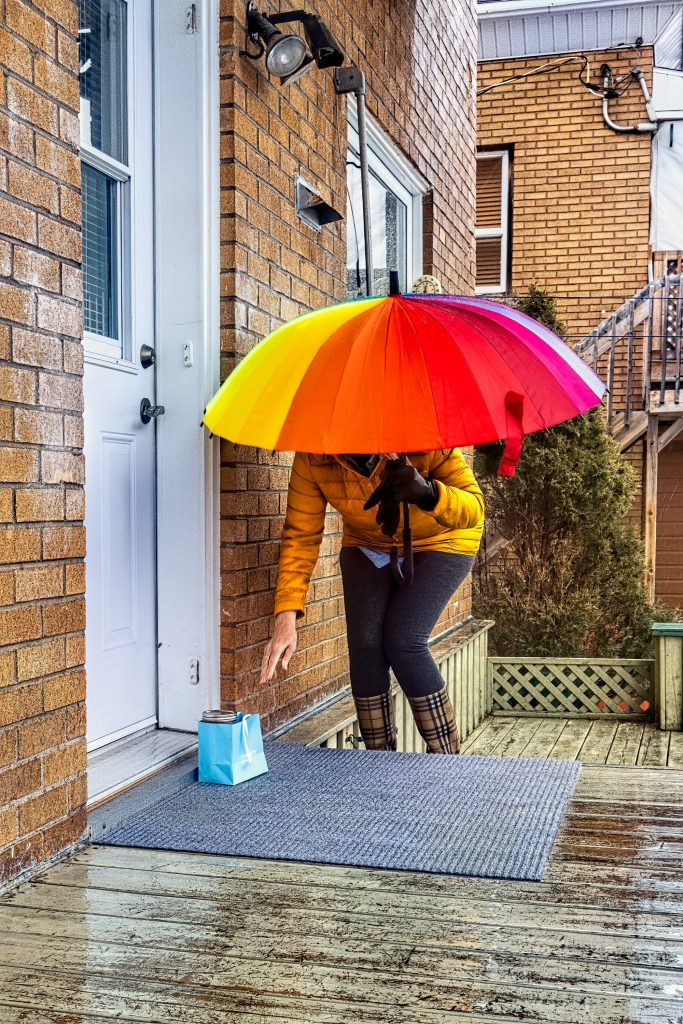
Giving and receiving help is one of the ways we thrive as social beings.
There are hundreds of valid reasons why a person may not know exactly what they want or need. Many of us may have been raised to be self-sufficient and simply have no practice for asking for and receiving help. Many of us have not experienced families or communities that showed us what’s possible for mutual caring in times of crisis. Some of us may not understand our bodies or hearts well enough to know what “a need” is.
For you as the person wanting to help, you don’t need to know the backstory or the deep psychological root. What matters is simply that what they’re needing is help knowing what they need.
I notice this not-knowing often happens in moments of unexpected crisis or loss. When we have a crisis for the first time, we lack any kind of history to rely upon to help us think about what we need, and our brains are using a lot of resources to manage the emotional and logistical shock and overwhelm. There is both so much need and so little structure to identify the need, and we may simply go into whatever survival strategies are most familiar to us. Even when people we love and trust offer us help in this state, we may feel grateful but unable to identify anything they could do to help.
If you, the person wanting to help, can’t get traction with “What do you need?”, try asking a version of “How are you doing with all this? What’s been hard for you?” Try letting your loved one talk, let them know what you’re hearing, and give them time to open up and vent about the difficulties and hardships. After a while, you may be able to see places where you can suggest ways you could help: “Oh, your license expired? I’d be happy to drive you to the DMV next week so you can get it renewed, if you want.”
People who’ve experienced a similar kind of crisis tend to be really good at this because they’ve lived through it and have the benefits of hindsight to know what would’ve been nice for them. So they can be more assertive in offering a range of options of ways they could help, and let the person they want to support decide what they want: “I could bring a lasagne to your house, I could walk or your dog, I could help you clean the house, I could help you do paperwork.”
If the person is still unwilling or unable to accept the help, it’s okay to let them have a break and decide later if the want to come to you. If the person needs more help than you can give them, you might offer instead to help find more help. “I definitely want to make a lasagne for you tonight, and maybe after I could make one of those YouCaring sites to ask other people to help with the dog walking and house cleaning.”
I Don’t Know How to Ask for It
There are times when the person needing help does know exactly what they need but the act of asking is overwhelming. We may have heard messages throughout our lives that if you need help, you don’t deserve it; or that if you receive help from another person, they can hold it over your head to shame or manipulate you into doing whatever they want, indefinitely. You may have experienced a person helping you with resentment, or bringing up the help later to shut you down in a different conversation.
In these ways, asking for help feels quite dangerous. You may feel like asking for help means risking not having support when you “really need it,” so you have to be sure this crisis is worth it. With this mindset, we tend to make our problems smaller and miss opportunities for getting help.
Giving and receiving help is one of the ways we thrive as social beings. Being grateful to each other for the help we’ve received is a balm against resentment.
At the same time, if you as a person begin to resent others for how much they ask of you, it is your work to say no and set boundaries. Resentment is inevitable when you feel you must help out of obligation and have no option to say no or prioritize your own health.
Giving care to those who have cared for you is a part of healthy connection, but you don’t have to help hide the bodies at three in the morning when you have a job interview at nine.
If they really need your help, they can wait till your interview is done.
Shame and Terror of Vulnerability
Asking for what we really need is vulnerable and we risk being judged or ridiculed. We have so many reasons to be concerned about vulnerability, and often we’ve experienced moments of invalidation, ridicule, abandonment, or neglect in critical moments that give us reasons to avoid being that vulnerable again.
These intense feelings tend to reflect the world of the young person who lacks the power to take care of their own needs. Our parts that fear ridicule, abandonment, or neglect may still feel like small, dependent children who are unable to get their needs met.
Their responses make complete sense in this way, but also these parts may not recognize that we have grown and become older, wiser, more powerful, and more competent. This part may fear abandonment from a lover but be unable to recognize that you’re surrounded by family and friends who will be there for you even if this relationship ends.
I encourage my clients in distress to make a list of three to five people to whom they can reach out for help when in need. Three to five is intentional. If you only have oner person, there’s a danger of overwhelming your support or having no one if they’re sick, unavailable, or otherwise unavailable.
With three to five people, though, there’s more room for consent and generosity without resentment. You don’t have to invest all your urgency into one person, and your support people can feel at ease knowing if they’re not available you’ve got more options for care.
First, of course, you have to admit it’s okay to have needs and that asking for help is worth the experience of shame and vulnerability. Asking for what we need may always feel like a risk, but we can practice getting more comfortable with taking the risk.
If you’re used to ignoring your needs or putting off hard conversations, you’ve probably experienced at least one moment of overwhelming emotion when it all comes out with explosive force. This feeling may be rage, or it may be despair, and its urgency and force breaks through all our barriers to vulnerability.
Unfortunately, that same force blasts the person we’re turning to for help. It can make a giant mess, which then reinforces the story that we can’t ask for help, which then leads to another build up of intensity that comes out in a blast.
If you like, think of this like a geyser or a firehose where all the accumulated tension suddenly erupts with power. A more earthy and relatable metaphor would be the explosive urgency of waiting too long to get to the bathroom when your body has an urgent need to expel whatever’s in it.
The temptation, when states of rage or despair are over, is to feel some relief and hope it never comes back. But these aren’t embarrassing or silly blips in consciousness to leave behind, these are expressions of deep needs gone unaddressed that require attention and care.
We need to learn to identify the subtler signs of the tension building within us before it finally explodes in rage or despair. Asking for what we need before the explosion feels much scarier, because we’re more present with the experience, but that presence also helps us in speaking up clearly and hanging out with the difficulties of the conversation.
What we need to practice is identifying the subtler signs of need that pop up before we get to the point of rage or despair. If we can start the conversation before we get there, then we tend to be better able to advocate for ourselves and handle the difficulties of the conversation.
If you’re still beginning to figure out your needs or who you can trust to support you, a reliable practice to help is to journal what’s going on with you. A paper or electronic journal is good, or using a voice recorder to dictate a memo. Anything to get what’s in your head outside of yourself so that you can come back to it later in a calmer state of mind and begin to explore what got you to that point.
Having begun this reflective work can be really grounding in thinking about could have helped with the upset—was I underslept? Did I have enough to eat? Was volunteering to help a friend move their house on my first day off in two weeks maybe more than my body could handle?
Along with the physical needs are also the emotional and relationship needs that we may need to address. Having a list helps in having those direct conversations. And we can return to our practice of consent by reaching out to the friend and asking, “Hey, I want to talk to you about some things that I feel vulnerable about in our relationship. When would be a good time?”
Taking the Risk
With all that we’ve explored about consent and support, we may find there are times when it’s fine to go ahead and do something for a person without asking. Yes, that contradicts everything I’ve written. As often as I’ve experienced intrusive and unwanted care, I’ve also experienced numerous moments when the person did accurately intuit what I might need and gave it to me without my asking.
When this going ahead and doing it really worked for me, the giver seemed to be aware and accepting of the risk they were taking.
They’re not doing something for me so that they can feel better about themselves, or less guilty, or whatever feelings they’re having about myself. The support was given without needing me to have a warm response for their own well-being. They did it because it felt right, and they didn’t punish me if I didn’t immediately like or accept what they offered. They didn’t bring it up later to guilt me. They didn’t get defensive. They did it, and let me decide what I wanted to do with it.
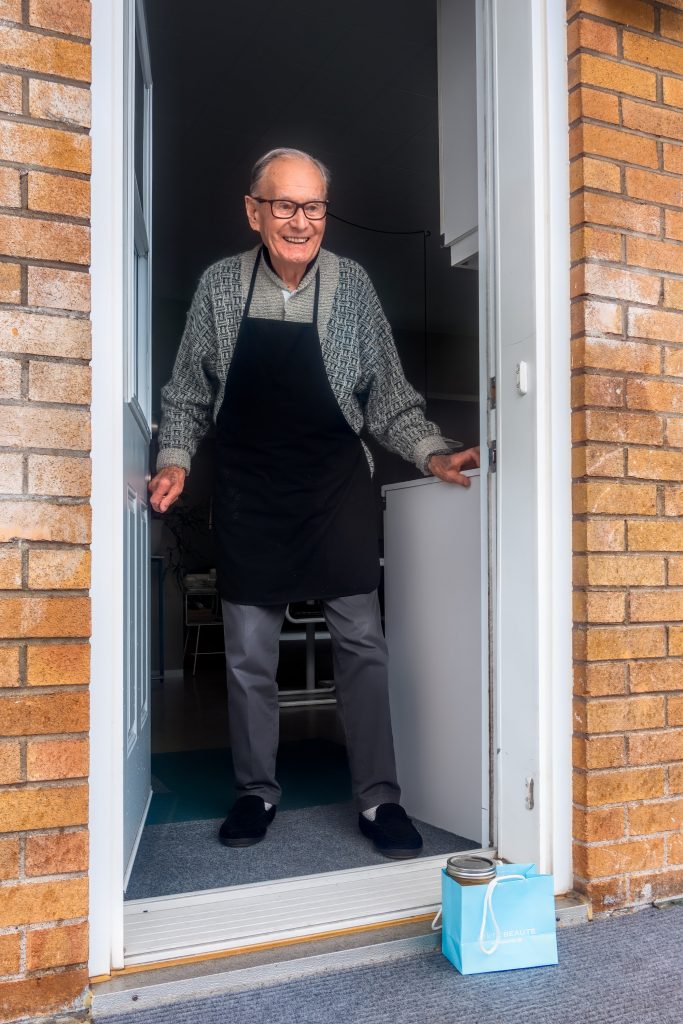
Being grateful to each other for the help we’ve received is a balm against resentment.
If I’m going to risk this, usually my first sign is noticing when the person I want to support keeps bringing up the same idea over and over, even when they’re seeming dismissive of it. “She offered me a hug, which felt so weird. Like, what’s a hug going to do? I can’t imagine a hug will make me feel better. A hug doesn’t bring my dad back from the dead. What’s the point of hugging?” There may well be a part of them that desperately wants a hug, and another part that feels mistrustful of the notion or afraid you’ll judge them if they admit they want it. In this case, it may put them at ease to hear your offer to hug them like it’s no big deal.
When I strongly suspect the person really wants help they keep rejecting, I’ll make it about me. “I get that you’re totally fine and don’t need anyone’s help. But tonight I’m going to make a shit ton of lasagne and I can’t eat it all, and I’ll feel guilty if I throw it away, so I’m going to leave a bunch at your house. You can do whatever you want with it, but it’d do me a big favor if you helped me get rid of it.”
In Closing
There’s not one right or best way to have feelings and want support, and practicing consent helps make sure that we’re giving the person we love the support they need. We achieve consent when everyone involved in an activity agrees to what is happening. At its best consent is explicit, voluntary, conscious, and mutual; especially when paired with respecting each other’s autonomy and self-authority in knowing what’s best for ourselves.
While it may feel awkward and unromantic, slowing down and getting consent offers the opportunity for greater closeness, understanding, and connection. Even when we struggle to know what we want or need, we can help each other in the learning.



